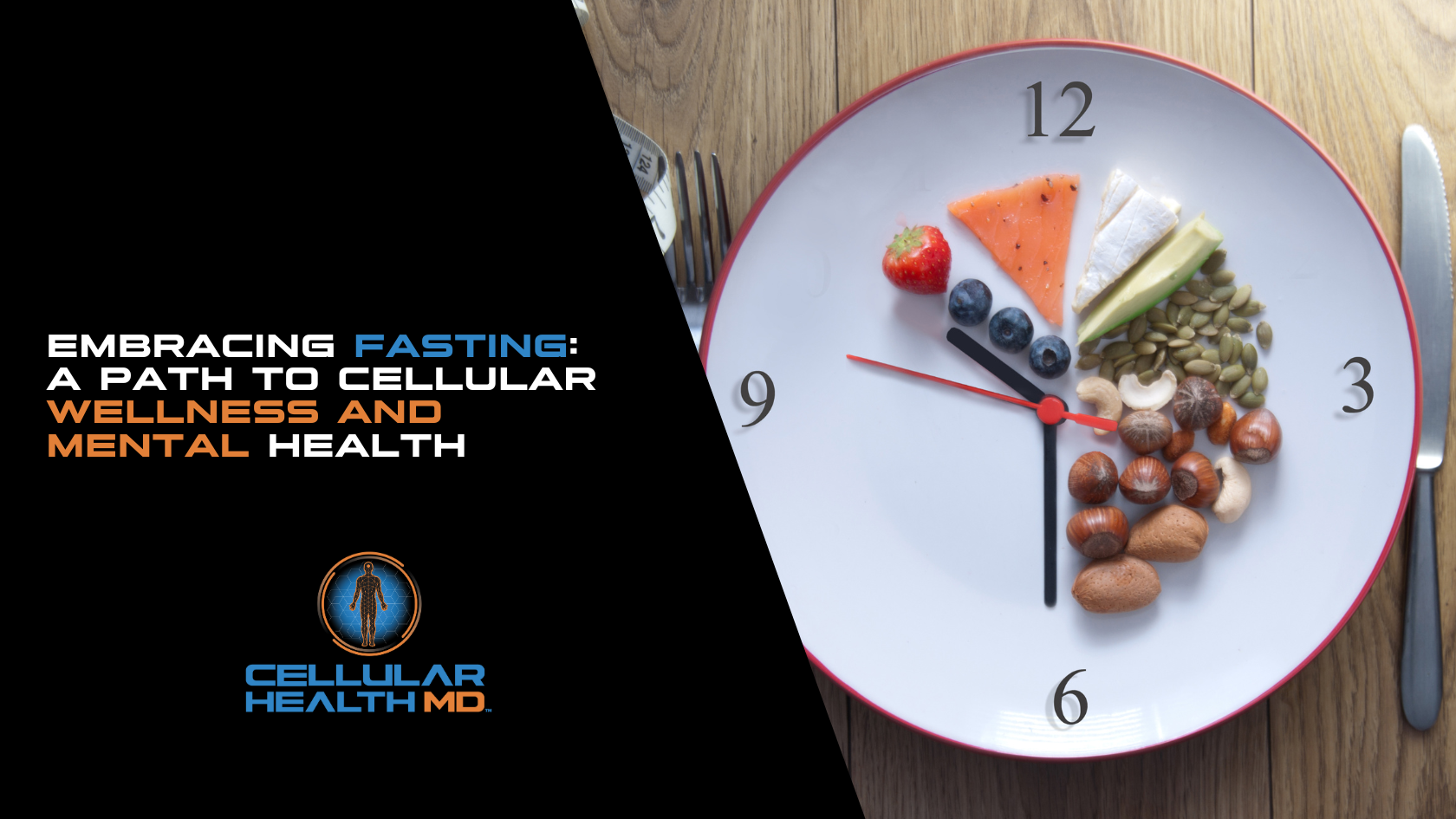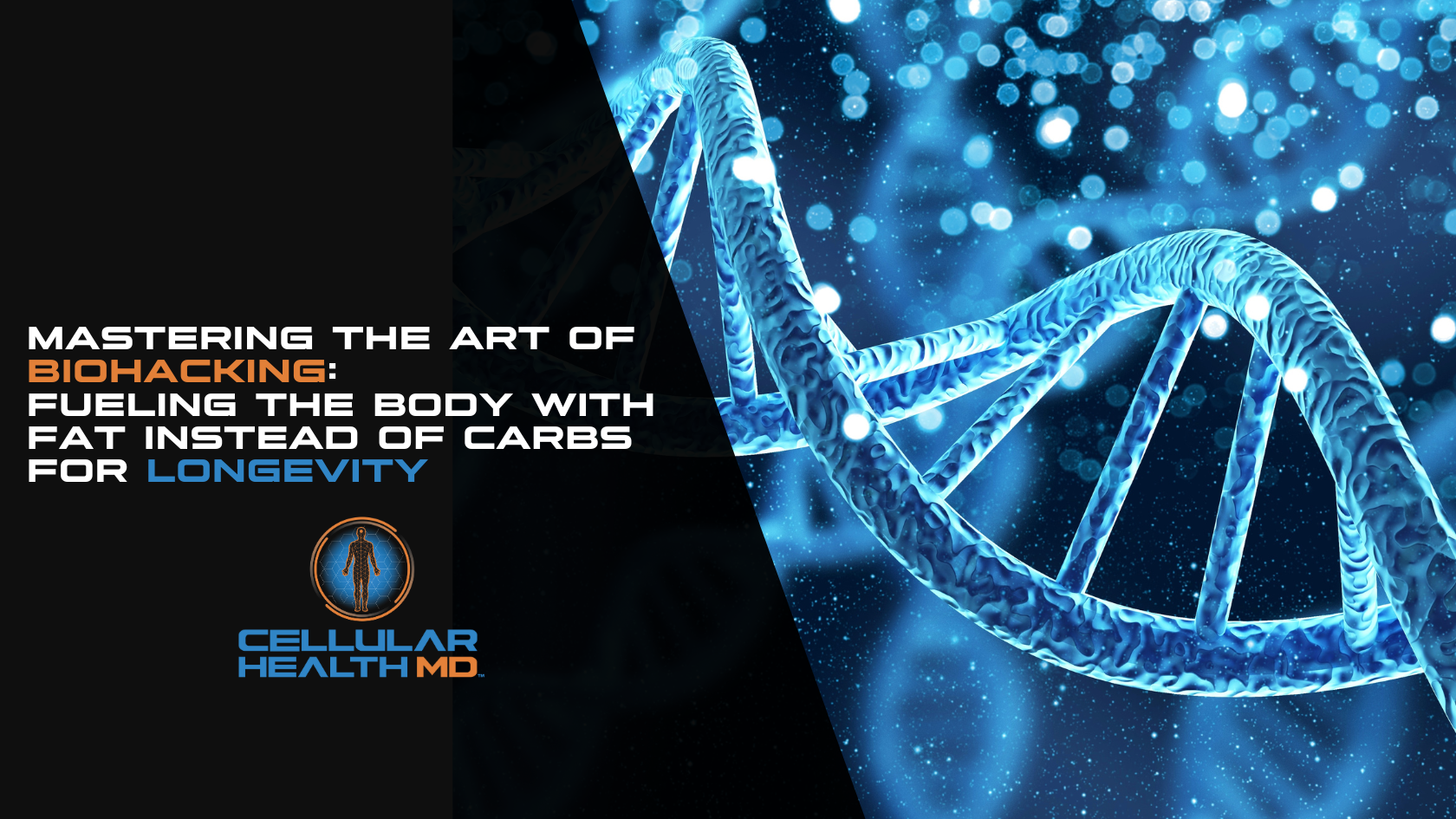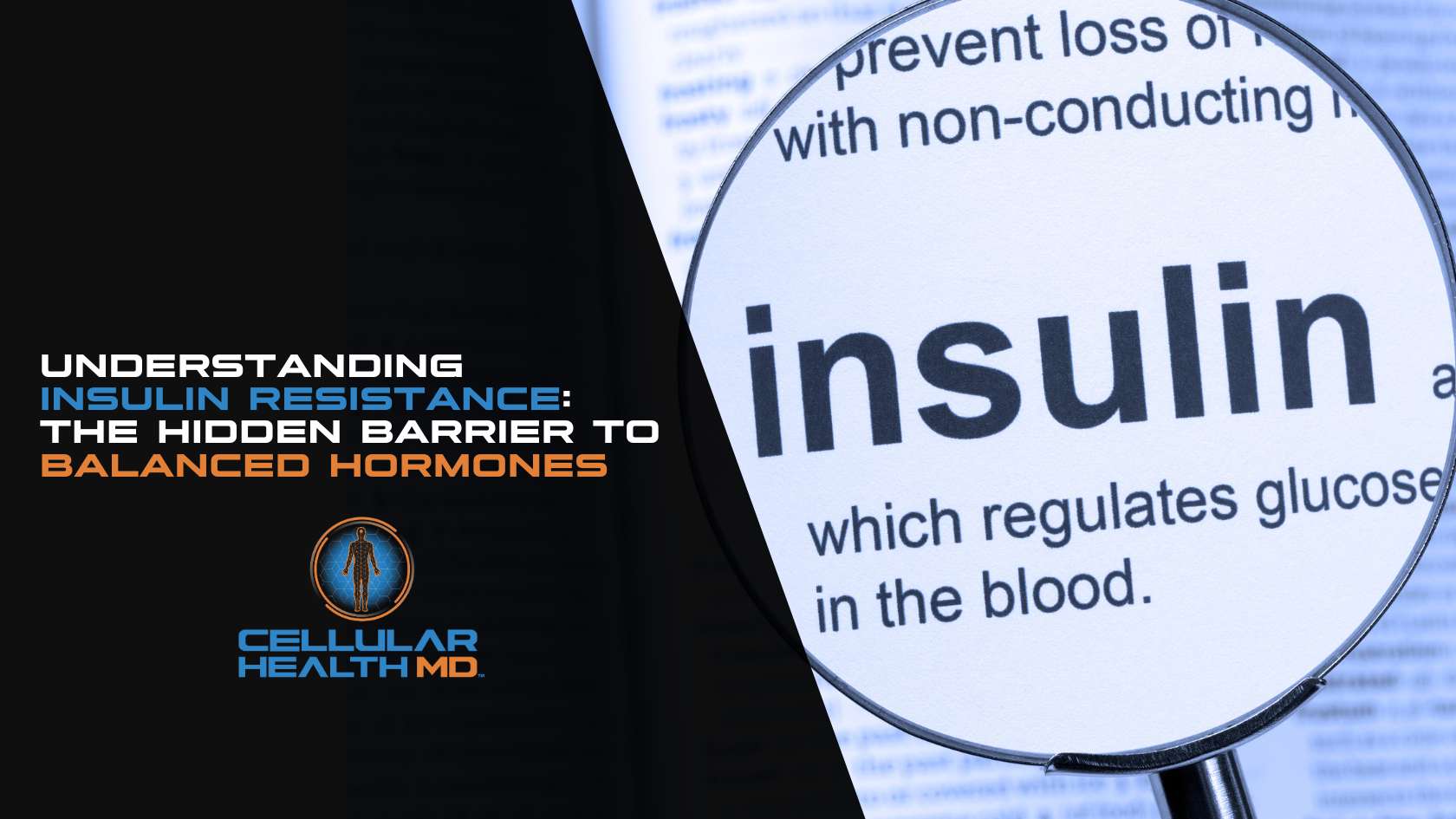Testosterone Isn’t Just for Bodybuilders: The Longevity Secret Hiding in Plain Sight
Let’s set the record straight: testosterone is not a “male-only” hormone, and it’s definitely not just for gym rats looking to bulk up. In the world of longevity medicine, testosterone has emerged as one of the most misunderstood—but potentially game-changing—hormones for both men and women.
We’ve been duped by decades of fear-mongering, blaming testosterone for aggression, heart attacks, and hair loss. But modern science is painting a radically different picture—one where testosterone plays a critical role in energy, cognitive clarity, metabolic health, sexual vitality, and even mood stabilization.
🚹 For Men: More Than Just Muscle
Low testosterone isn’t just a dip in libido—it’s a full-blown health crisis. We’re talking:
- Loss of lean muscle mass and increased visceral fat
- Brain fog and decreased motivation
- Sleep issues, depression, and even early cardiovascular decline
Men with healthy testosterone levels have been shown to experience greater insulin sensitivity, better heart health, and even lower all-cause mortality.
Yes, you read that right—higher testosterone levels in aging men may literally help you live longer.
🚺 For Women: The Hormone You Didn’t Know You Needed
Think testosterone doesn’t matter for women? Think again.
Women produce testosterone too—just in smaller amounts—and it plays a massive role in mood regulation, muscle tone, energy, and libido. And here’s the kicker: as women age, testosterone drops just like estrogen, and the consequences are often ignored.
Symptoms of low T in women often show up as:
- Chronic fatigue
- Decreased motivation and confidence
- Brain fog and irritability
- Low libido and sexual dysfunction
Hormone replacement therapy that includes testosterone (alongside DHEA, estradiol, and progesterone as needed) is now being integrated into cutting-edge longevity protocols for postmenopausal women, high-performance professionals, and anyone committed to optimizing health as they age.
🧠 Testosterone and the Brain
Neuroscientists are now connecting testosterone to dopamine regulation, making it a major player in motivation, pleasure, and drive. It’s not just about sex—it’s about how you show up in life.
Low testosterone can mimic symptoms of depression, ADHD, and anxiety. So before reaching for another SSRI, consider that your hormonal foundation may be out of balance.
🔬 What the Science is Saying
Recent studies in the field of longevity medicine (check out the work from the Buck Institute, David Sinclair’s research circles, and TRT specialists like Dr. Abraham Morgentaler) are putting testosterone therapy back on the map—with better delivery methods, monitoring protocols, and safety outcomes than ever before.
The key?
Personalized optimization, not overcorrection.
Proper testosterone therapy (with frequent labs, symptom tracking, and medical oversight) is becoming a cornerstone of functional longevity.
⚠ But Isn’t It Dangerous?
The myth that testosterone causes prostate cancer in men or heart attacks in women is outdated and debunked when therapy is administered responsibly.
The real danger? Ignoring hormone decline and settling for “normal” aging.
🧬 The Future Is Optimization
In a world where people are biohacking their way into their 90s with vitality, testosterone is no longer optional—it’s essential.
It's time to stop treating it like a taboo and start recognizing it as
a foundational pillar of living well longer.
Clinical References








